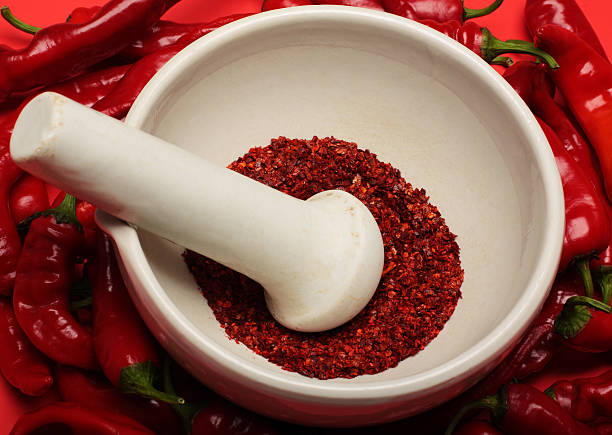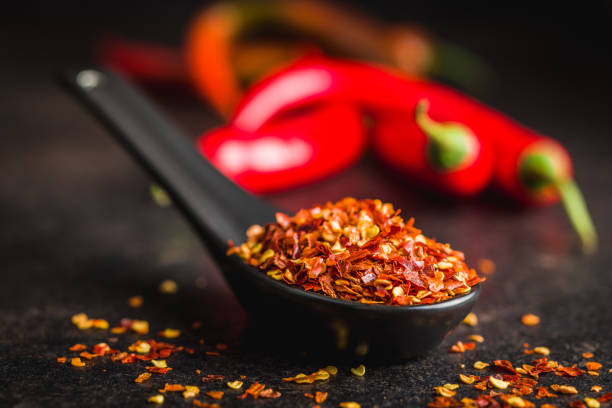Alert issued for additive in tajín that could damage lungs and affect cell regeneration

One of the most sought-after condiments in Mexican dishes is tajín, a condiment made from dried chilies, dehydrated lemon juice, and sea salt. However, the popular product is under fire, as the Mexican civil organization known as " Consumer Power" reported that frequent consumption of tajín or in high doses can cause acute toxicity.
Tajín is one of the most popular additions to traditional Mexican preparations and stands out for its spicy and acidic flavor , which is why it is widely used to enhance the flavor of fruits, vegetables, drinks and other light meals.

Tajín is one of the most consumed condiments in Mexico. Photo: iStock
According to the Consumer Power publication, several studies have shown that among the ingredients in tagine, silicon dioxide stands out . This compound is used as an anticaking agent to prevent the powder from caking and can be harmful to health.
The organization argues that several scientific studies have shown that prolonged and high-dose consumption can "cause acute toxicity, primarily affecting the lungs and nervous system."
In 2022, the European Food Safety Agency took a close look at this ingredient and warned that it contains nanoparticles that are difficult to digest, as they are obtained from quartz in rocks and sand.
A publication published in the ' Journal of Nanobiotechnology', titled: 'Effects of exposure to silica nanoparticles on mitochondrial function during neuronal differentiation' and explains that excessive and constant consumption of silicon dioxide can cause silicosis, a lung disease caused by the accumulation of particles that generate scarring in the alveoli, which in turn generates difficulty breathing and reduced blood oxygenation.

Tajín is one of the most consumed condiments in Mexico. Photo: iStock
In addition, it causes "neuronal damage and alterations in mitochondria, which are key to energy production in cells."
Furthermore, the 'Consumer Power' publication claims that tajine also has a "very high" sodium content, as "a 5-gram teaspoon contains 968 mg of sodium."
This represents a high risk to the cardiovascular health of adults and young people, 48% of the daily limit established by the World Health Organization.
ALEJANDRA HERNÁNDEZ TORRES
DIGITAL REACH EDITORIAL
More news in EL TIEMPOeltiempo




